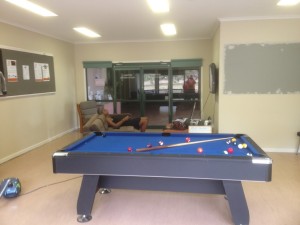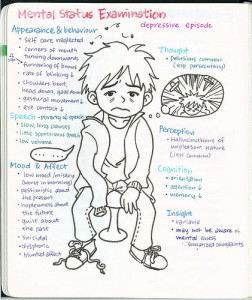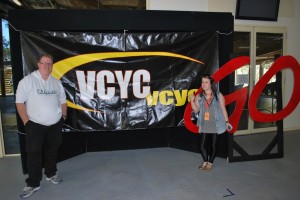Hard conversations are bread and butter for the average youth worker. I always love walking into a new youth work environment and seeing what the young people will try to shock me with. I remeber taking a volunteer into a residential care facility for her first meeting with a young person. On the driveway we meet a twelve year old boy who with a blank stare and an unwaivering voice asked if my volunteer was a lesbian, a paedophile or just a whore? My normal very assertive and chirpy volunteer turned white as Casper the friendly ghost and struggled to have a conversation for the next hour. I have often said to my volunteers, other youth workers and especially the young people that if they could tell me a story that would shock me I would be surprised. I often follow it up by saying that there is nothing they could ask me or share with me that would shock me enough to walk away…If there was I wouldn’t be in youth work!

My seeming inability to be shocked has grown through years of working with some of the most abused young people in Victoria. Whether young people in residential care, sexual abuse victims or children of prisoners I have heard stories that make my stomach churn. On the outside though I am calm and cool. It takes a lot of composure sometimes to stay calm when the stories are so in your face or you are being vilified by a twelve year old.
I remember speaking to a young woman earlier this year who had been through the wringer. Family issues, school issues, legal issues and to top it all off she was being pimped out by her uncle. After a conversation that lasted about half an hour she stated matter of factly “I’m a Slut…No one will love me!!!” My hard exterior almost broke. It took me a full minute to regain my composure. She continued to tell me how she had been her uncle’s ‘girl’ for almost two years and then how he had sold her to his friends. What really shook me was that she had just had her birthday.
Even the seemingly heartless stone cold dominant folk have a pulse. It may just be a little deeper than the rest. I was propper shook. I was able to hold it together enough to get back to my office then I was overcome by anger I couldn’t think straight, I was narky with everyone and I was ready to do some damage to someone.
I knew I was in a bad way. Some days it just gets bad. I told my boss What had happened and that it was getting to me. My boss got me to call my external supervisor to tee up a time to catch up that week and then sent me home. I still wasnt great and when I got home I blew up at my wife over something trivial. It was not a good night for me.
My wife is a wonderful woman who is very intuitive and she quitely told me to
get into my plan. I called one of my mentors, spent some time out for a walk and spent some time contemplating the future of my work with the young lady. Her words kept ringing in my ears “I’m a Slut…No one will love me!!!” How can we show love (genuine care and affection) to such broken young people??? How can we do it when all we want to do is take vengence for them?
Two things come to mind:
I have been called a lot of things in my life and career, but it is when young people have lost hope in themselves and the world that gets under my skin. It does take a lot for me to get angry when people aim at me, but when they take on a young person my protective righteous anger boils to the top. To be the best I can be for my young people I can not let my feelings get in the way of good practice. Our emotions are important, but our control over them is critical. If we get antsy about a term like slut, or the story of abuse then our work is compromised. We must be aware of the effects of trauma on us and how to best deal with it in our own way. Looking after our young people means we need to have a thick skin…for their sake as much as ours.


 The Mental State Exam covers eight areas of the person for us to keep an eye on:
The Mental State Exam covers eight areas of the person for us to keep an eye on: